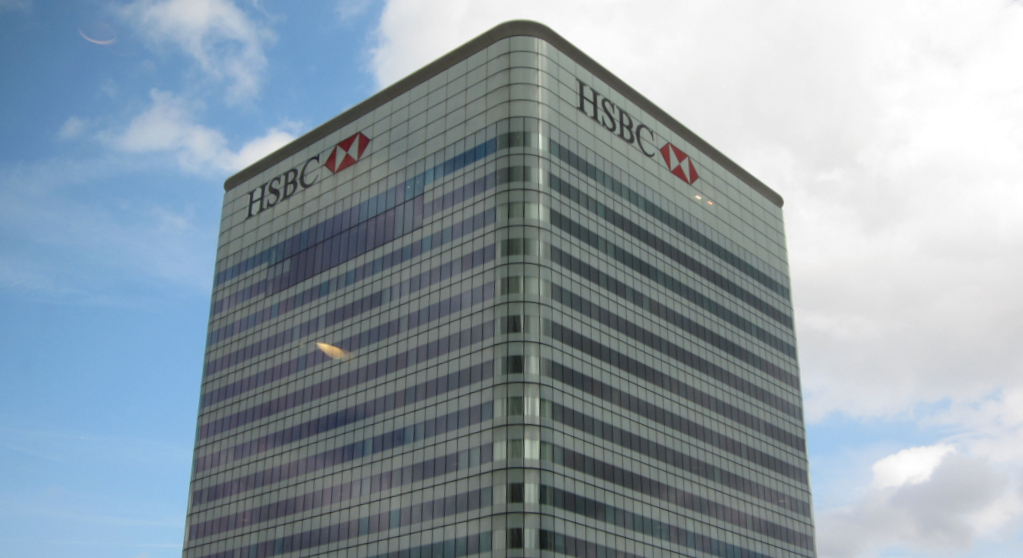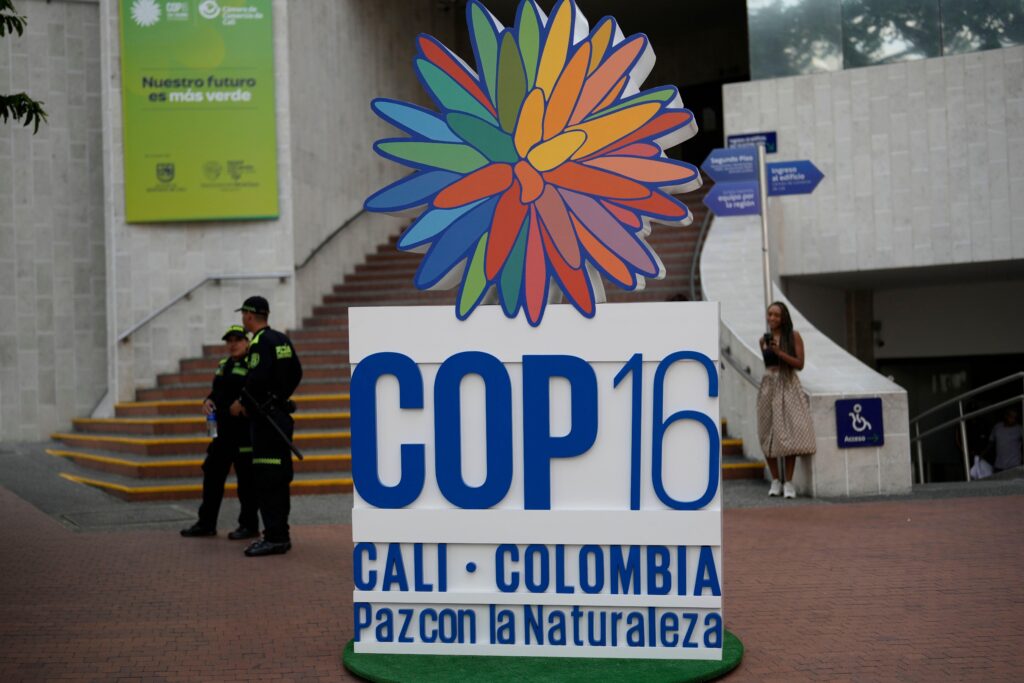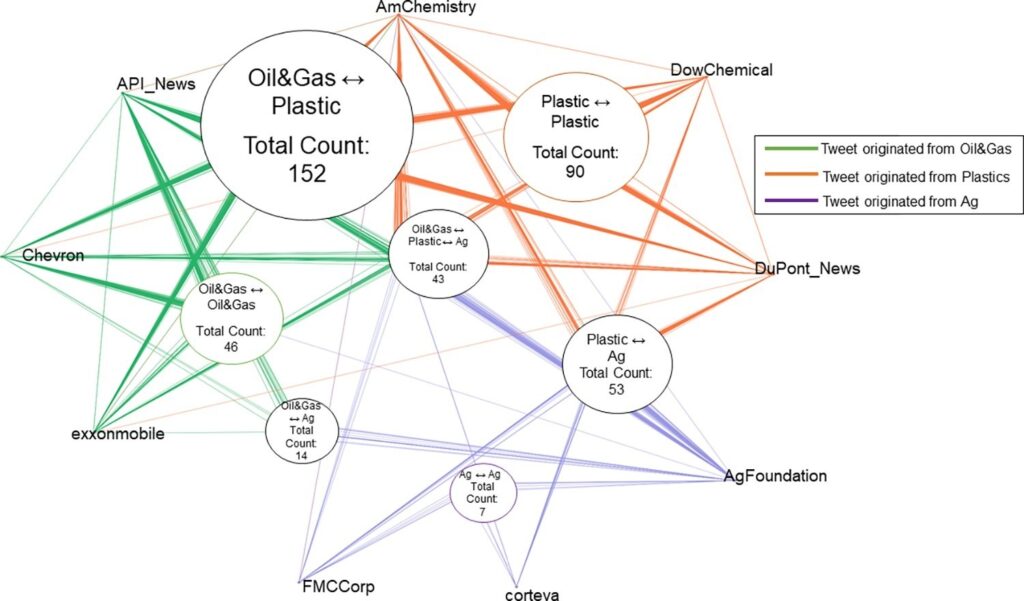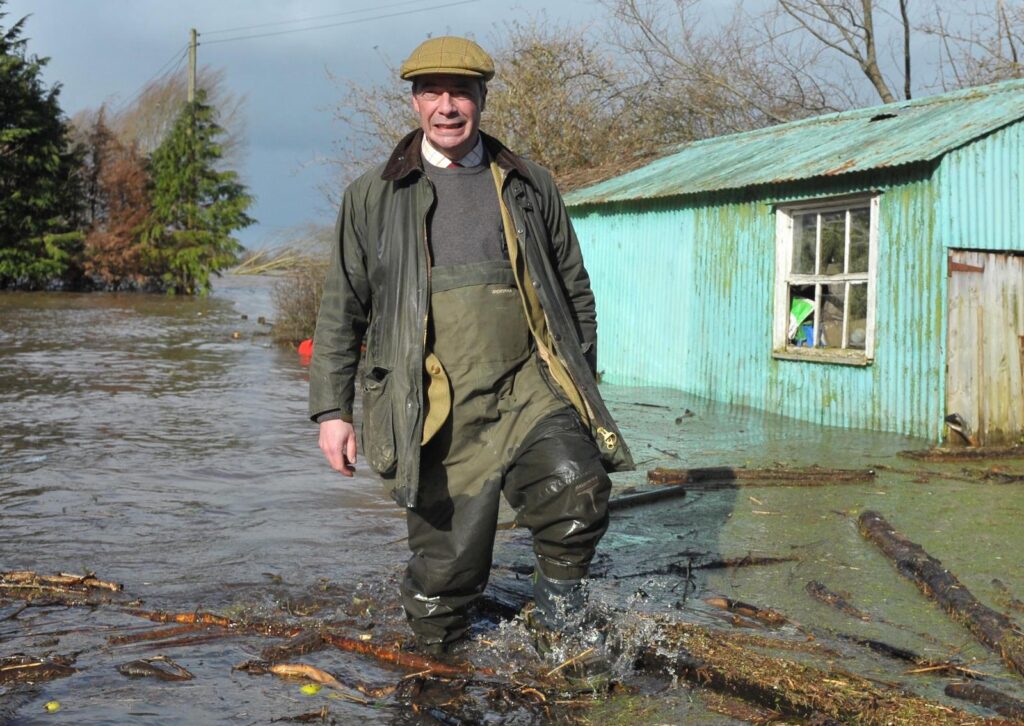Europe’s most fossil-fuelled country, Poland, has just announced a new scheme to finance ‘green’ projects. But analysts are concerned it could be used to bolster the coal industry.
Poland became the first country to implement a state-backed green bonds scheme, on 12 December.
The UK’s largest bank, HSBC, along with JP Morgan and PKO BH guaranteed around £600 million of loans under the scheme.
Poland does not have its own climate targets but is included in the EU’s promises under the Paris Agreement, which it hasn’t ratified because it wants special exemptions for its coal industry.
While investors may have bought the green bonds in good faith, Poland’s poor track record on climate change means financial analysts have some concerns about the ‘greenness’ of the scheme.
Green Bonds
The bonds effectively act as a loan to the Polish government. Companies buy the bonds, which the Polish government then repays with some added interest.
HSBC is one of three banks guaranteeing the bonds. That means it had a pre-agreement to buy bonds that the government didn’t manage to sell on the market.
By also being a ‘structuring agent’, HSBC effectively leant its brand to the government to give credibility to the scheme as Poland tried to sell the bonds. So it potentially has a lot at stake if the scheme isn’t any good.
The idea of a ‘green’ bond is that the money can only be used for climate-friendly projects. In Poland, where coal remains a major part of the energy mix, that would be extremely welcome. It would also be a stark departure from the country’s current habit of opposing green schemes put forward by the European Union.
The scheme opened for business on December 12, with the government selling €750 million of bonds. UK investors bought 12 percent of them. Germany and Austria invested in 27 percent of the bonds. Four percent of the investments came from the US.
Green Scam
Given Poland’s history of being a coal leader and climate laggard, carbon market analysts are concerned loopholes in the scheme may mean the money will actually be used to bolster the fossil fuel industry.
The Polish government has outlined what kind of projects can be financed under the scheme, such as building more renewable energy sources, planting trees to absorb carbon, or constructing new efficient railways.
The main concern is that wood converted into biomass is counted as a ‘renewable’ energy source.
Analysts have questioned the sustainability of using wood-based fuels for power generation. And in Poland, much of that wood is mixed with coal to generate power.
The Polish government has promised that the money from the green bonds will be used for wood burning on its own, rather than alongside coal. But because of the way Polish energy companies are set up, and the vagaries of the regulations around the green bond scheme, the money could ultimately end up bolstering a domestic industry that remains largely reliant on coal.
As it stands, state-owned logging company Lasy Państwowe could get money from the green bonds for replanting trees. Much of the wood it is currently cutting down goes to the four state-owned energy generation companies, all of which have large coal investments.
A clause in the green bond scheme means Lasy Państwowe can backdate the projects it gets money from to 2014. So Lasy Państwowe could get money from the green bonds for replanting forest that has been cut down and sold to other state-owned coal companies.
That means the additional revenue from the green bonds scheme could profit the whole set-up, including the energy companies with large stakes in coal.
The European Commission is also currently investigating Lasy Państwowe and the government ministry responsible for the country’s forest management for the potentially illegal deforestation of a UNESCO world heritage site, the ancient Białowieża forest.
Raising funds for green projects through the bonds could also free the government and companies to spend other parts of their budgets on fossil fuel projects.
These are far from the sort of ‘green’ projects the bonds are meant to fund, and could potentially put the reputations of those involved in the scheme at risk.
Kuba Gogolewski, finance campaigner for Polish group Fundacja Rozwój Tak – Odkrywki Nie, said the scheme likely represented “creative thinking” from the Polish government on how to present a positive front on climate change.
He said the plan should be viewed with suspicion given the Polish government typically has an approach “characterised by an opposition to EU policies on greenhouse gas emissions, renewable energy, and energy efficiency targets while trying to weaken or obtain exemptions from existing environmental, health and climate regulations”.
Andrew Whiley, communications manager for NGO Climate Bonds Initiative, said that while Poland had done well to beat other countries in bringing its product to the market, the scheme must now be properly scrutinised. He said:
“Well done Poland for being the first to issue a sovereign green bond. Of course, we’ll need to exercise some caution – highlighting small green projects while continuing to increase investment in much larger fossil fuel projects is something we will always call out, particularly if raising funds through a green bond releases funds for fossil fuel investments.
“In this case, the positive environmental impact of the above projects will be completely negated if investment in fossil fuels continues.”
Transparency
There are also concerns about the way the scheme was implemented and how it will be scrutinised.
The whole scheme was set up extremely quickly, to the surprise of most analysts.
It was initially announced on 6 December, with the scheme signed off and bonds sold on 12 December. Given the complicated nature of the scheme, analysts are nervous that they had less than a week to study the plans.
One consultancy, Sustainanalytics, did get a chance to do a deeper assessment of the plans. It concluded the green bond scheme would “contribute to achieving Polish and European GHG emission reduction targets, and will also contribute to advancing the UN Sustainable Development Goals”.
HSBC also remains confident the scheme will uphold its green credentials. A spokesperson told DeSmog UK: “There will be segregation for the green bond proceeds; and the Polish government has committed to reporting annually on its green bond (in alignment with the Green Bond Principles) to show investors and broader stakeholders where the proceeds have been allocated.”
But analysts remain concerned that outside scrutiny of the scheme will be difficult.
For instance, the government will not announce what projects it has financed until a year later. That means that if any of them are effectively being used to subsidise fossil fuels, it will be too late to change.
Dave Jones, analyst at thinktank Sandbag, told DeSmog UK: “HSBC, as leaders of this process, have a responsibility to ensure this injection of money will fund genuinely new and genuinely green investments in Poland. Transparency of how this money is used in Poland is critical: no-one, least of all HSBC, wants to see the reputation of green bonds being tarnished.”
Without such scrutiny, Britain’s largest bank could find itself embroiled in a ‘green’ scheme to cut down forests and profit coal in one of Europe’s dirtiest countries.
Main image credit: Matt Brown via Flickr CC BY
Subscribe to our newsletter
Stay up to date with DeSmog news and alerts







